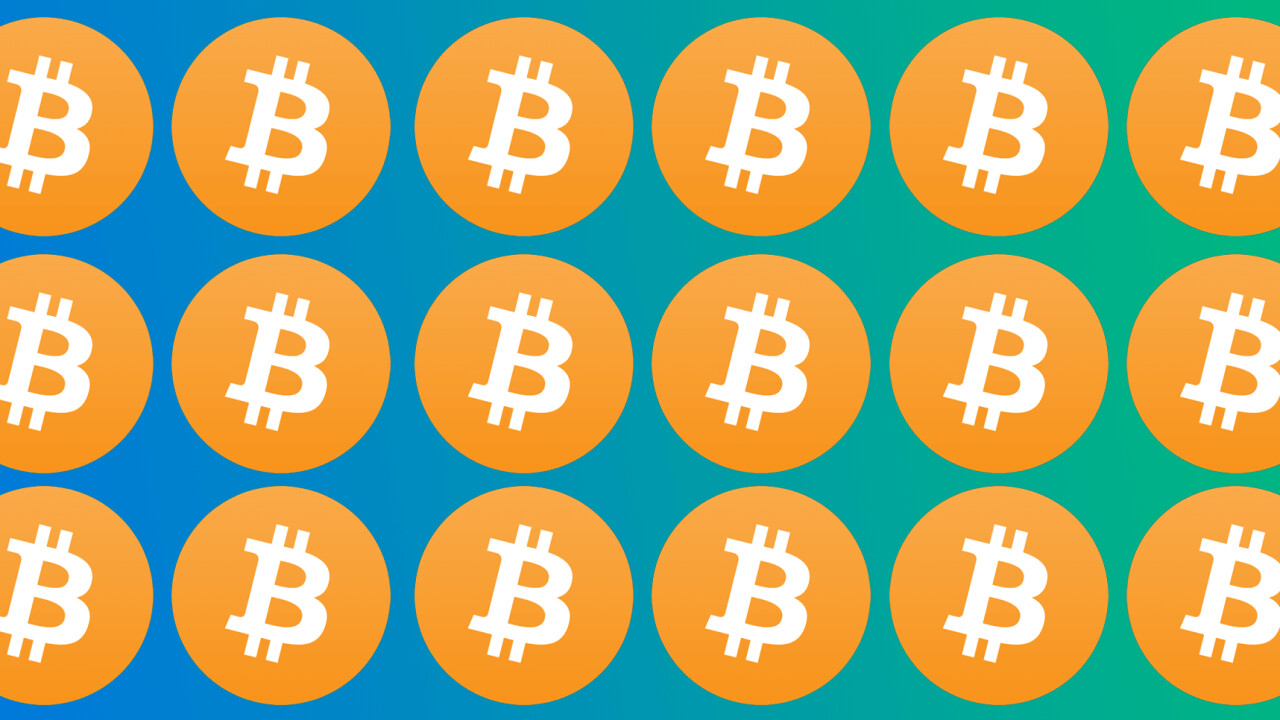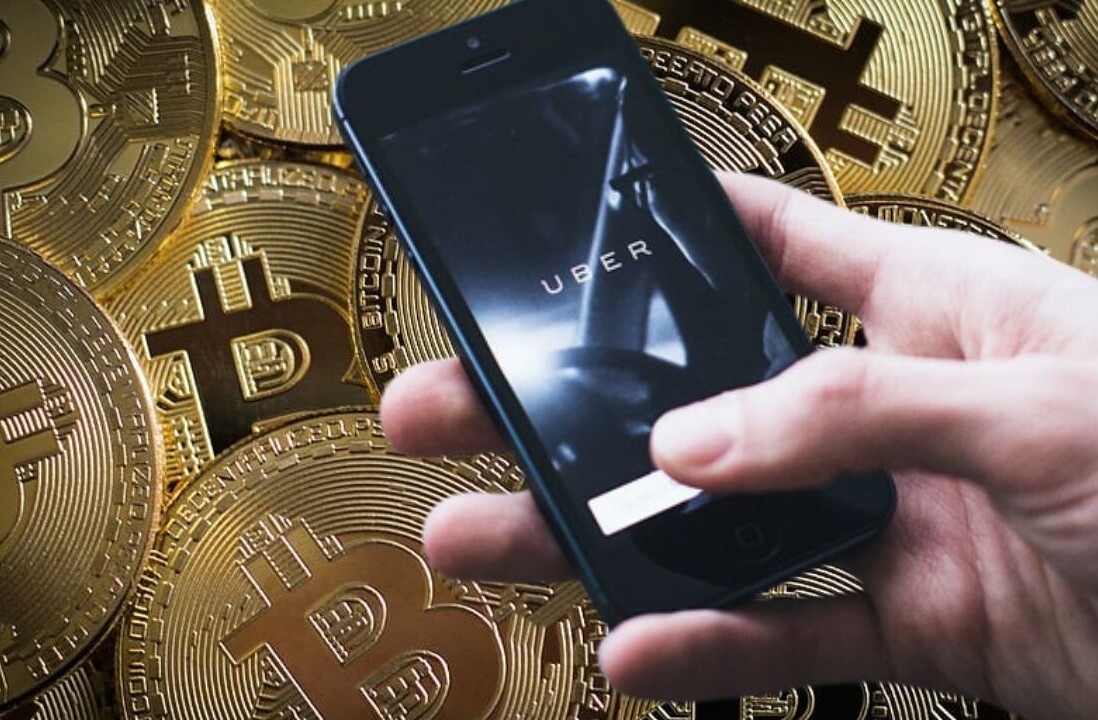
FCC head Ajit Pai has always been the scumbag hiding in plain sight. While his weasel-like nature may have never been in question, this week’s sneak attack on net neutrality put to bed any doubt. After assuming his final form as Satan, Pai effectively killed the internet as we know it while we stuffed our face with dry turkey and store-bought pumpkin pie.
But while we discuss internet fast lanes and paid tiers that prioritize Comcast-owned Hulu over Netflix, we haven’t really even begun to discuss the consequences on a macro-level.
What, for instance, does this mean for cryptocurrencies like Bitcoin?
As Marvin Ammori, lawyer for the advocacy group Fight for the Future told Motherboard:
The average person goes to Coinbase to buy Bitcoin, Ethereum, or Litecoin—the average on-ramp is an exchange, and those are easy to block. If Comcast is the monopoly provider in an area, the provider could decide there’s a preferred Bitcoin exchange.
Let’s break this down. From this statement alone — which is strictly hypothetical at this point — we can already spot a mountain of problems for Bitcoin, Ethereum, and countless others.
For one, ISPs may decide (or bend under government pressure) to effectively end cryptocurrency by shutting off access to make deposits or withdrawals from popular (and trustworthy) exchanges. This would leave enthusiasts and speculators few options, but those that remain would undoubtedly be sketchy offerings or those well outside the reach of law enforcement. Silk Road for altcoins? Plausible.
I don’t think we need to re-live Mt. Gox, do we?
Or, another interesting idea: ISPs could decide to issue their own coins and prioritize transactions by running them through approved exchanges. Comcoin, for example, might offer a discounted way to pay for your new “Platinum Tier” internet package that offers 130 websites, plus Comcast’s premium cable offering for the low, low price of just $229 a month — $199 if paid for with Comcoin.
2012: Which blog audience might like my work?
2017: Which blog won't charge me to post my work?
2019: Which blog won't charge me to post my work and is also accessible via Comcast's cheapest Internet package?— Alex Griendling (@alexgriendling) November 27, 2017
And even if Comcast, Time Warner, AT&T and the other horsemen of the apocalypse decide to play nice with Bitcoin you can be sure, at the very least, we’re at risk of prioritizing exchanges. Larger exchanges, for example, might be willing to fork over money to keep the good times rolling. Other exchanges, which could offer superior security and faster transactions (in theory), may never get off the ground due to throttling, prioritization, or outright blockages of specific nodes on the internet.
Or… maybe nothing happens at all. Maybe the web continues to operate as we’ve come to expect it to.
But I wouldn’t be willing to put money on it, regardless of what Comcast says.
We do not and will not block, throttle, or discriminate against lawful content. We will continue to make sure that our policies are clear and transparent for consumers, and we will not change our commitment to these principles. pic.twitter.com/19PFCPJ3TY
— Comcast (@comcast) November 22, 2017
And to those outside the US, I know what you’re thinking: US legislation isn’t going to affect cryptocurrency markets in, say China. But here’s the thing… it is.
While Trump and his merry band of goons can’t outright ban cryptocurrency transactions in foreign countries, it offers substantial leverage. The US, like it or not, is as influential in shaping global policy as any country in the world. As its largest consumer of retail goods, the US wields a lot of power. And if you think a country like China would let Bitcoin get in the way of peddling Huawei and Xiaomi products to a potential customer base of 300-plus million, you’re sorely mistaken.
It wouldn’t shut down the global demand for altcoins, but it’d certainly limit its potential.
Or, maybe ISPs won’t “block, throttle, or discriminate against lawful content.” Who knows?
We sometimes update and/or re-publish articles from our archives that are fun, informative, or highly-relevant… like this one, from November 2017.
Get the TNW newsletter
Get the most important tech news in your inbox each week.





